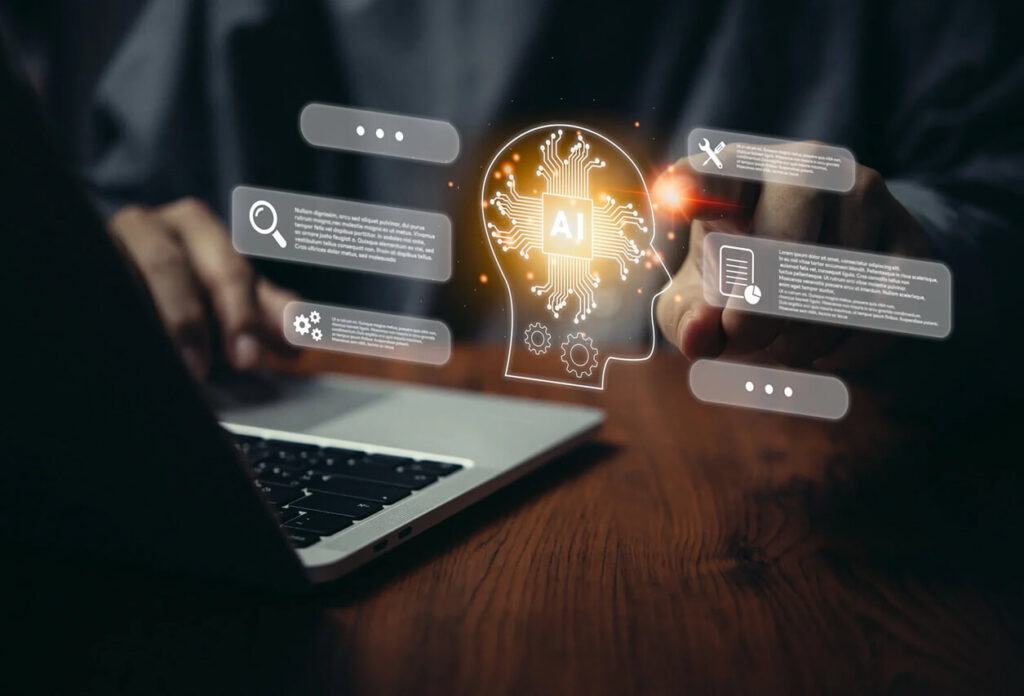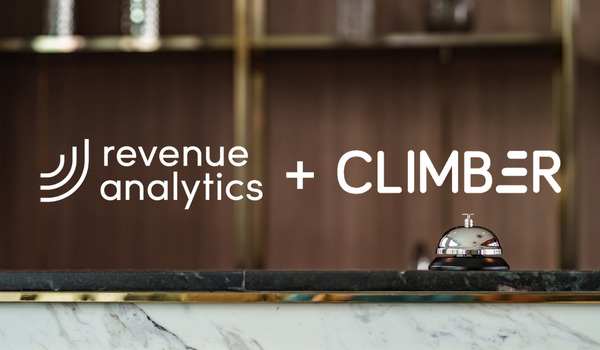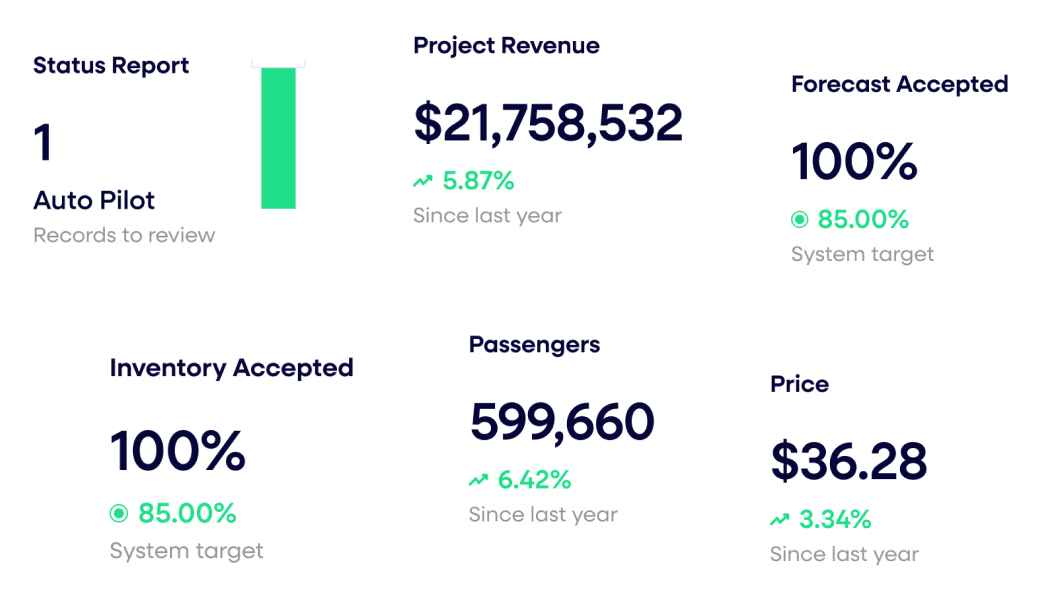Hoteliers: Transform Your Tech in 2024

Is technology top of mind for you? If it isn’t already – it should be. In this 3-minute read, we’ll look at how leading travel and hospitality execs are thinking about technological transformation.
Modern technology is more than just a “nice to have” for today’s hoteliers. According to data from Amazon Web Services (AWS), 72% of hospitality executives stated that continued digital transformation is a key component of their business strategy and critical to their overall success.
Business Impacts
According to the 2022 Digital Transformation Report (produced by AWS and Skift), legacy technology was identified as the #1 most likely cause of business disruption in the hospitality industry. Why? Because the technology your business relies on every day significantly impacts everything from back-of-house operations to front-of-house guest experiences. Whether you’re searching for a reprieve from endless overrides of your Revenue Management System (RMS) or long lines of disgruntled guests at the front desk, you may want to start by assessing your current tech stack.
Leverage your content to achieve stronger revenue outcomes
Upgrading to modern systems can have a wide range of benefits:
- Operational Efficiencies – Technology that relies on automation streamlines operations, increases efficiency, and frees staff from manual, time-consuming tasks. This allows them to focus on things like commercial strategy, data analysis, and collaboration with cross-functional teams.
- Guest Experience – Your guests have high expectations, and the right technology can help you meet them. Amenities like keyless room entry and mobile check-in enhance their experience while freeing up hotel staff to support guests in other ways.
- Data Management – Interconnected, cloud-based technologies allow different systems to seamlessly pass information back and forth. Access to accurate, up-to-date data is key for making informed decisions and guiding your business strategy.
- Staying Competitive – To capture demand while driving profit, your pricing needs to be in order – and technology such as your RMS is a key part of that. Additionally, modern amenities and guest-facing technology help to differentiate you from the competition.
The Path to Modernization
Maybe you’re bought in on modernizing your systems, but you’re not sure where to start. In the 2022 Digital Transformation Report, respondents highlighted two key areas of investment:
- 47.5% of respondents said that they’ll be upgrading their software or hardware. These execs are in the market for new tech – that could be anything from their RMS or Property Management System (PMS) to customer-facing applications like self-check-in kiosks.
- 42.4% said that they’ll be focusing on migrating applications, data, or their infrastructure to the cloud. This is all about streamlining operational efficiencies and making it easier for different systems to talk to one another.
As hoteliers look to new investments and technology partners, considering them through the lens of streamlining operational efficiencies and ensuring integration between systems is key.
Taking the First Step
The truth is, if your technology isn’t keeping up with modern requirements, then it’s likely holding you back in ways that you might not even recognize. The time to invest in making a change is now so that you don’t fall further behind. And while bringing in new technology can seem daunting, with the right partner, implementation and integration with your existing systems is easier than ever before.
Ready to explore modern technology solutions, but not sure where to start? We’ve got you covered. Our free guide, produced with Lighthouse and Atomize, provides a deeper insight into what modern hospitality technology really looks like and how to identify the right technology vendor for your business. Grab your copy of the free guide here: Transition from Legacy to Modern Technology: The Hotelier’s Guide to a New Tech Stack.
To learn more about modern RMS requirements or how the right technology can improve your pricing strategy, connect with an expert at Revenue Analytics.
Last updated on October 21, 2025






